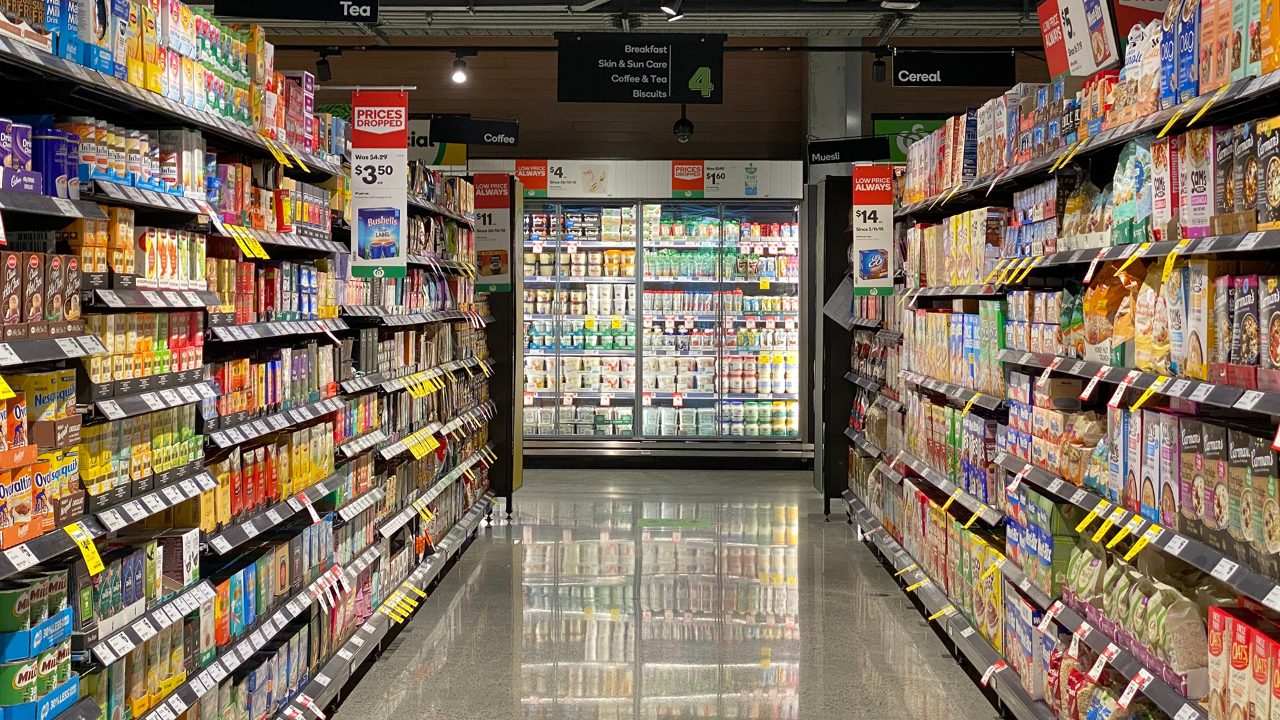A recent study by World Vision has unveiled shocking statistics regarding the soaring cost of food baskets in New Zealand and various other nations, including some of the world's poorest countries. The report, analysing food prices across 67 countries, paints a stark picture of the challenges faced by consumers, particularly in the face of a global decline in food prices.
Despite the overall downward trend, New Zealand stands out with a staggering 56% increase in the cost of a food basket, soaring from NZ$50.16 in 2022 to NZ$78.32 in 2023.
This compares to a 29% decrease in cost in Australia and a 61% increase in cost in Sudan.
This surge places New Zealand alongside nations such as Sudan, Ethiopia, and Honduras, all experiencing significant food price inflation. Rebekah Armstrong, World Vision’s Head of Advocacy and Justice, emphasises the urgent need for resilient food systems globally, stressing the impacts of climate change and import costs on food prices.
“Food prices in New Zealand are higher than the global average due to other established issues, such as the lack of competition in the supermarket sector," she explains.
Armstrong highlights the imperative for long-term strategies addressing climate resilience in food systems to mitigate future crises.
However, while the cost of food in New Zealand has skyrocketed, the number of hours required for an average New Zealander to afford the same food basket remains comparatively low, at just three hours of work. This stands in stark contrast to nations like the Central African Republic, where it takes over 25 days of work to afford the same items, underscoring the stark global economic disparities.
Nine out of the top ten countries experiencing the highest food prices are in sub-Saharan Africa where many face protracted violent conflicts, climate extremes, and displacement.
A basket of 10 common food items costs:
3 hours of work in New Zealand
1.5 hours of work in Australia
2 hours of work in Canada
1.5 days of work in Ukraine
3.5 days of work in Timor Leste
25.5 days of work in the Central African Republic (CAR)
Grant Bayldon, National Director of World Vision New Zealand, draws attention to the disproportionate impact of food prices on vulnerable populations, particularly in Sub-Saharan Africa, where nine out of ten countries experience exorbitant food prices relative to average wages. He emphasises the enduring consequences of hunger on children's health, education, and future prospects, urging collective action to alleviate the crisis.
Bayldon stresses New Zealand's role as a global citizen in addressing the hunger crisis, citing collaborative efforts with the New Zealand Ministry of Foreign Affairs and Trade to provide vital aid to famine-threatened regions like Kenya. He calls for increased government funding to combat the food crisis in Africa, citing the urgency of the situation.
The report underscores the severity of the global food crisis, exacerbated by factors such as COVID-19, the Ukraine conflict, and climate change, leaving an estimated 35 million people worldwide in emergency hunger conditions.
World Vision's "Enough" campaign, launched across 27 African Union countries, aims to eradicate hunger and malnutrition, signalling a renewed commitment to ending the cycle of food insecurity worldwide.











